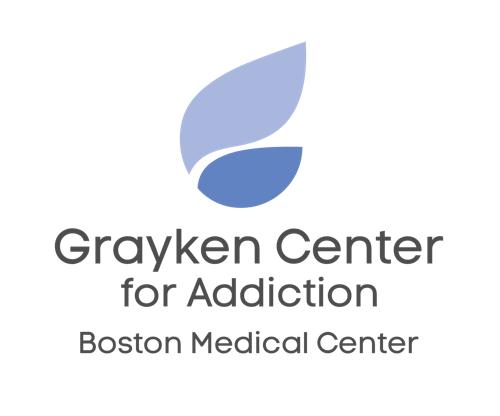When clinicians across the country are looking to educate and train their teams, they turn to BMC. BMC has developed numerous programs for hospital-based and community-based providers, so that anyone who encounters a patient needing help with addiction can offer them appropriate care. If you’d like to make a request for training or technical support, please email us at Grayken.Center@bmc.org.
Grayken Training and Technical Assistance (Grayken TTA)
The Grayken TTA provides education, support and capacity building to community health centers and other health care and social service providers on best practices caring for patients with substance use disorders, with the goal of expanding access to life-saving treatment.
Project ECHO: Opioid Addiction Treatment ECHO at BMC
Project ECHO is an innovative tele-mentoring model where expert teams use videoconferencing to conduct virtual clinics on specialty care for community primary care providers. The model provides an opportunity to leverage chronic pain, substance use, and behavioral health expertise to revolutionize medical education, support building capacity in such specialties, and reduce health disparities.
Massachusetts Consultation Services for Treatment of Addiction and Pain (MCSTAP)
MCSTAP supports primary care providers in increasing their capacity for, and comfort in, using evidence-based practices in screening for, diagnosing, treating, and managing the care of all patients with chronic pain and/or substance use disorders. It offers concrete tools, real-time physician consultation, and linkages with community based resources. Providers can reach MCSTAP at 1-833-PAIN-SUD (1-833-724-6783).
MASBIRT TTA
The MASBIRT TTA program trains medical providers, behavioral health providers, public health service providers, and health care support staff to conduct screening, brief intervention, and referral to treatment (SBIRT) services to address the spectrum of unhealthy substance use.
SCOPE of Pain
SCOPE of Pain is a series of continuing medical education/continuing nursing education activities designed to help providers safely and effectively manage patients with chronic pain with opioid analgesics, when appropriate.
Prescribe to Prevent, Naloxone Rescue Kits and Overdose Education
Prescribe to Prevent: Overdose Prevention and Naloxone Rescue Kits for Prescribers and Pharmacists is an online educational program for prescribers, pharmacists, and other health care providers that aims to prevent overdoses among your patients and their social networks. Additionally, naloxone is available at all BMC pharmacies through a standing order; no prescription is necessary.
B SMART
B SMART (Boston Sustainable Models for unhealthy Alcohol use ReducTion) aims to prevent fetal alcohol spectrum disorders and the risks associated with prenatal alcohol exposure. The program offers tailored education and technical assistance on screening, brief intervention, and referral to treatment (SBIRT) for risky alcohol use to Boston HealthNet community health center care teams.
The SAFEST Choice Learning Collaborative
The SBIRT and FASD Education, Support and Treatment (SAFEST) Choice Learning Collaborative aims to reduce the incidence of prenatal alcohol exposure and improve outcomes in children with suspected or diagnosed fetal alcohol spectrum disorders using virtual education for health care teams.

